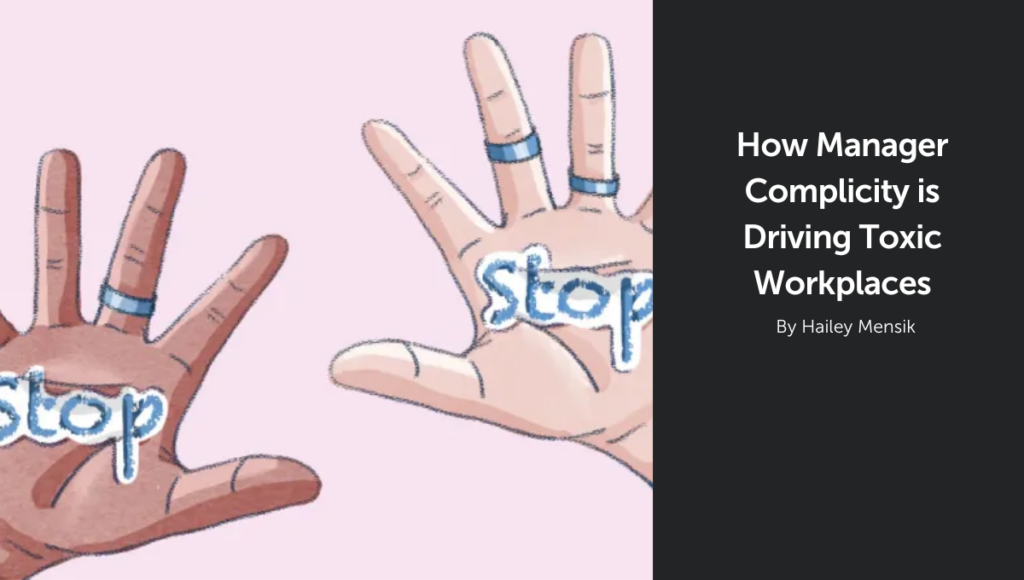
Generative AI Has a Big Scary Side Effect. Here’s the Cure.
By Chris Weller and David Rock Imagine you’re the CEO of a company. You just hired 100 new managers whose only job is to walk around the office and pop

“Workplaces can become toxic due to a range of factors, but employees believe it comes down to one defining characteristic: how their direct manager behaves.
About a third of employees who have experienced workplace toxicity say their managers have acted unethically and treated employees unfairly, like showing favoritism and ignoring feedback, according to a survey from INTOO, a career development and outplacement firm, including over 1,600 respondents.”
Read more in WorkLife.

By Chris Weller and David Rock Imagine you’re the CEO of a company. You just hired 100 new managers whose only job is to walk around the office and pop

The rise of AI agents found in all corners of the workplace, including high-stakes conversations – where bots can sometimes represent as many as half the expected group – is

Join millions of employees in creating culture change at scale by reaching out today.

In 2007, David and Lisa Rock and their team had been working in leadership development and executive coaching for ten years, when David coined the term “NeuroLeadership.”ef

North America
Africa
South America
Asia
Europe
Australia
© NeuroLeadership Institute 2025. All Rights Reserved
This site uses cookies to provide you with a personalized browsing experience. By using this site you agree to our use of cookies as explained in our Privacy Policy. Please read our Privacy Policy for more information.